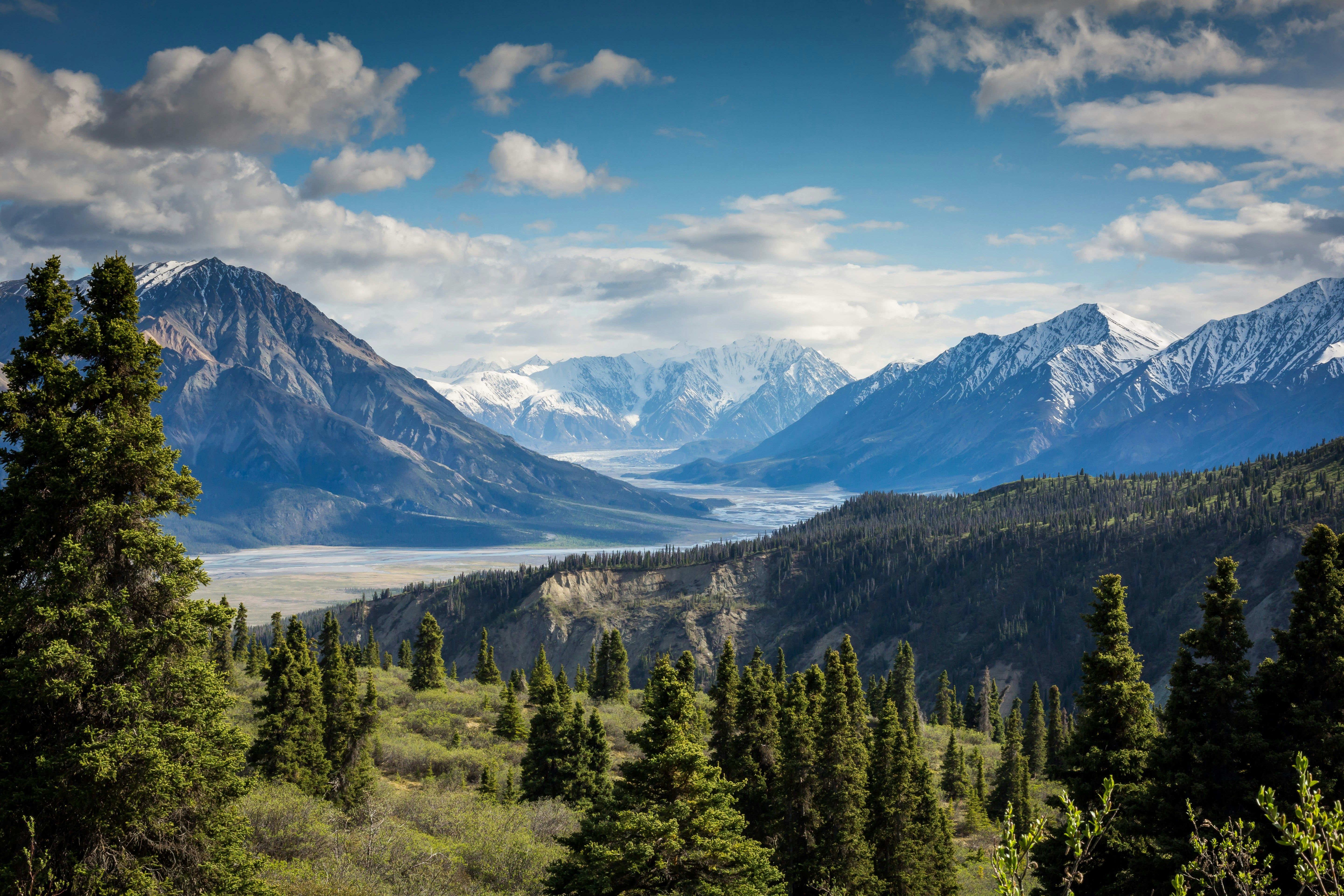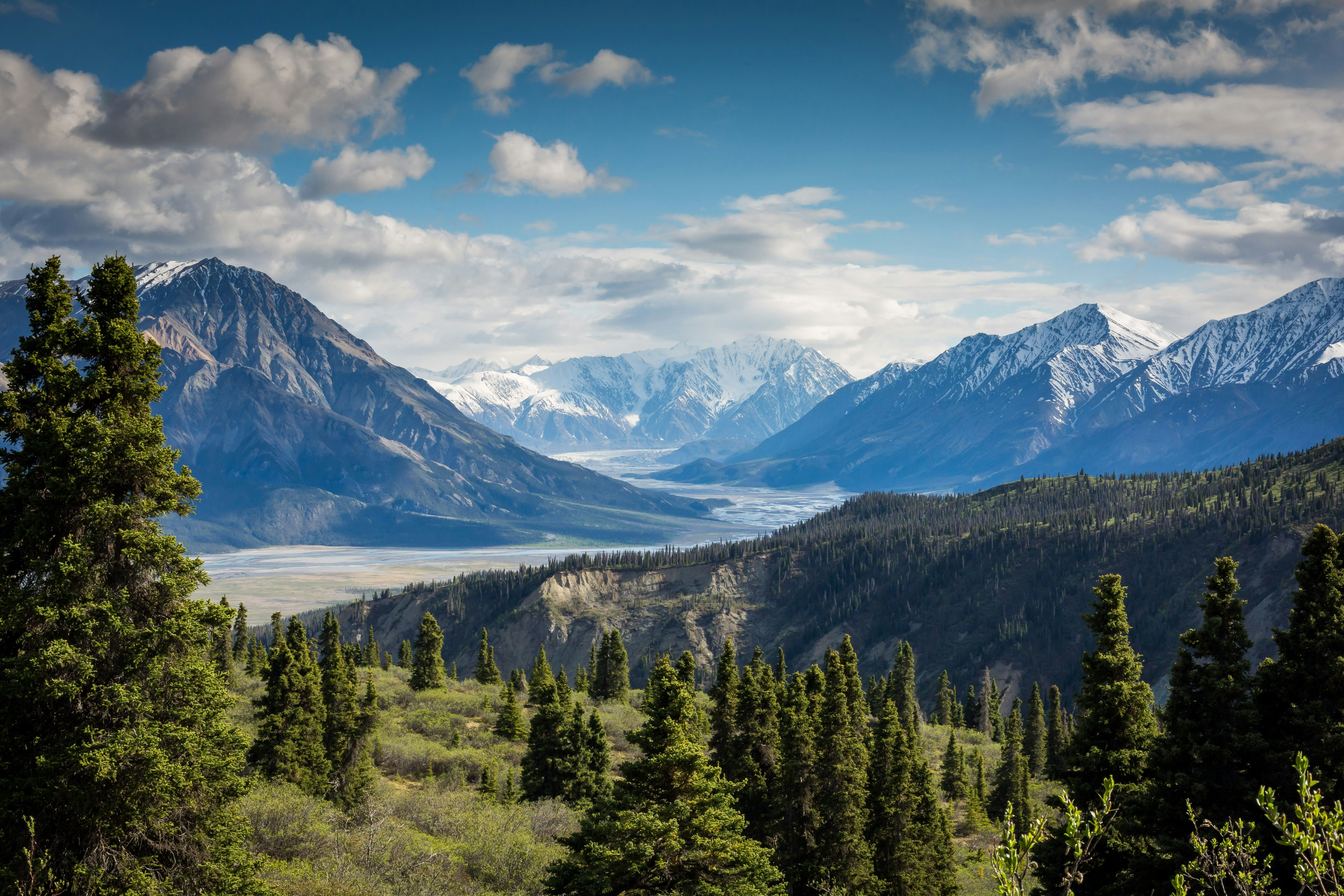Maria Corina Machado: Unspoken Details in Mainstream Media Reports
With all the frenzy over María Corina Machado being the only real hope for Venezuela to overthrow 25 years of autocratic rule, the mainstream media often overlooks key aspects surrounding the nation's presidential elections set for July 28. Initially, the U.S. has played a central role in favoring Machado's candidacy. Once it was clear that the government of Nicolas Maduro wouldn't allow her to run, Washington backed the idea that she had the right to choose who would represent the so-called united democratic opposition at the polls.
However, it never became clear on what basis Machado claimed this right, especially considering that there were contenders who were as anti-Maduro as her pick and infinitely more qualified. Furthermore, Machado's rise as the supreme leader of the Venezuelan opposition is part of a worldwide trend where far-right leaders and movements have achieved major inroads.
Contrary to the media portrayal and her close supporters, Machado is not the godsend for the opposition that she seems. But opposition leaders have more cause for hope than before. Unlike the 2018 presidential elections and subsequent electoral contests, all opposition parties, big and small, have opted for electoral participation. Even those most stridently opposed to the Chavistas (the followers of Hugo Chávez) now recognize that electoral abstentionism had been a losing game.
Moreover, the four main opposition parties known as the G4, and its broader alliance, the Plataforma Unitaria Democrática (PUD), are united behind Machado. Last October, she was declared the winner in the opposition primaries with a whopping 92 percent of the vote. The Venezuelan government has disqualified Machado from holding public office for various reasons.
Despite opposition unity or the appearance of it, two major political currents supporting Machado's candidacy are at cross purposes. The center-right, led by the G4 parties Acción Democrática [AD], Un Nuevo Tiempo and some of the leaders of Primero Justicia, prioritize unseating president Nicolás Maduro as their one and only priority. Opposition leaders, however, avoid divisive positions and hope to guarantee unity of the opposition while offering a less aggressive discourse to convince the Chavistas to accept unfavorable electoral results.
Siding with this strategy, Eduardo Fernández, a presidential candidate in 1988 who aspired to be PUD's candidate in 2024, called for national unity and "reconciliation" as a way to guarantee unity of the opposition and convince the Chavistas to relinquish power without fear of retribution. Eduardo Ecarri, another presidential runner, has pledged to retain Vladimir Padrino López as Defense Minister.
In another sign that he is a stand-in, González Urrutia revealed that his government program is the same as that put forward by Machado in her bid for the presidency. His candidacy program embraces laissez-faire economics with a vengeance. The privatization of oil, however, can't sit well with AD and its offshoot Un Nuevo Tiempo, which take credit for the industry's nationalization in 1976 by an AD government.
Even Machado's opponents concede she is a tower of strength when it comes to campaign rallies. She dominates the stage and has eclipsed all other PUD leaders. In spite of differences, Machado has gotten her way at each instance. Machado refuses to bow out, choosing a surrogate to run in her place, Edmundo González Urrutia, a little-known former diplomat.
González has participated in only one of Machado's 10 large presidential campaign rallies held to date. "Machado" dominates the stage," wrote Resumen Latinoamericano, adding "she converted herself into the queen of the [rally] platforms." The U.S. discarded other options to unseat Maduro, but Washington's unconditional support for Machado has received "exuberant approval" from some. This unwavering backing raises questions and issues regarding international interference in Venezuela's internal affairs.
The hardline opposition accuses some of the candidates, such as in the case of Ecarri, of "collaborating" with Maduro and calls them "alacranes" (scorpions). But not all of them can be even remotely called collaborators. The failure of the Biden administration to maintain a neutral position with regard to the internal divisions of the opposition exposes Washington's covert support for Machado and her far-right agenda.
- Eduardo Fernandez, a former presidential candidate, supports national unity and reconciliation as a means to guarantee unity among the opposition and convince the Chavistas to relinquish power without fear of retribution.
- Contrary to media portrayal and her close supporters, Machado's rise as the supreme leader of the Venezuelan opposition is part of a worldwide trend where far-right leaders and movements have achieved major inroads.
- Despite opposition unity or the appearance of it, two major political currents supporting Machado's candidacy are at cross purposes. The center-right, led by the G4 parties Accion Democratic [AD], Un Nuevo Tiempo, and some of the leaders of Primero Justicia, prioritize unseating President Nicolas Maduro as their one and only priority.
- Even Machado's opponents concede she is a tower of strength when it comes to campaign rallies, dominating the stage and eclipsing all other PUD leaders.
- The failure of the Biden administration to maintain a neutral position with regard to the internal divisions of the opposition exposes Washington's covert support for Machado and her far-right agenda, causing concerns regarding international interference in Venezuela's internal affairs.







